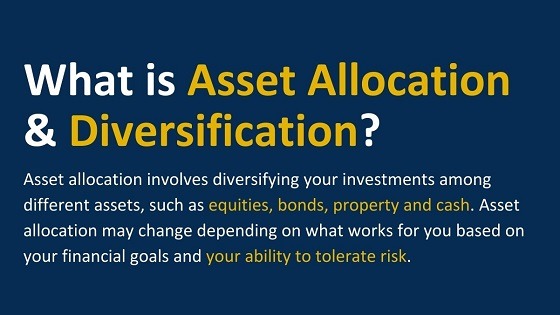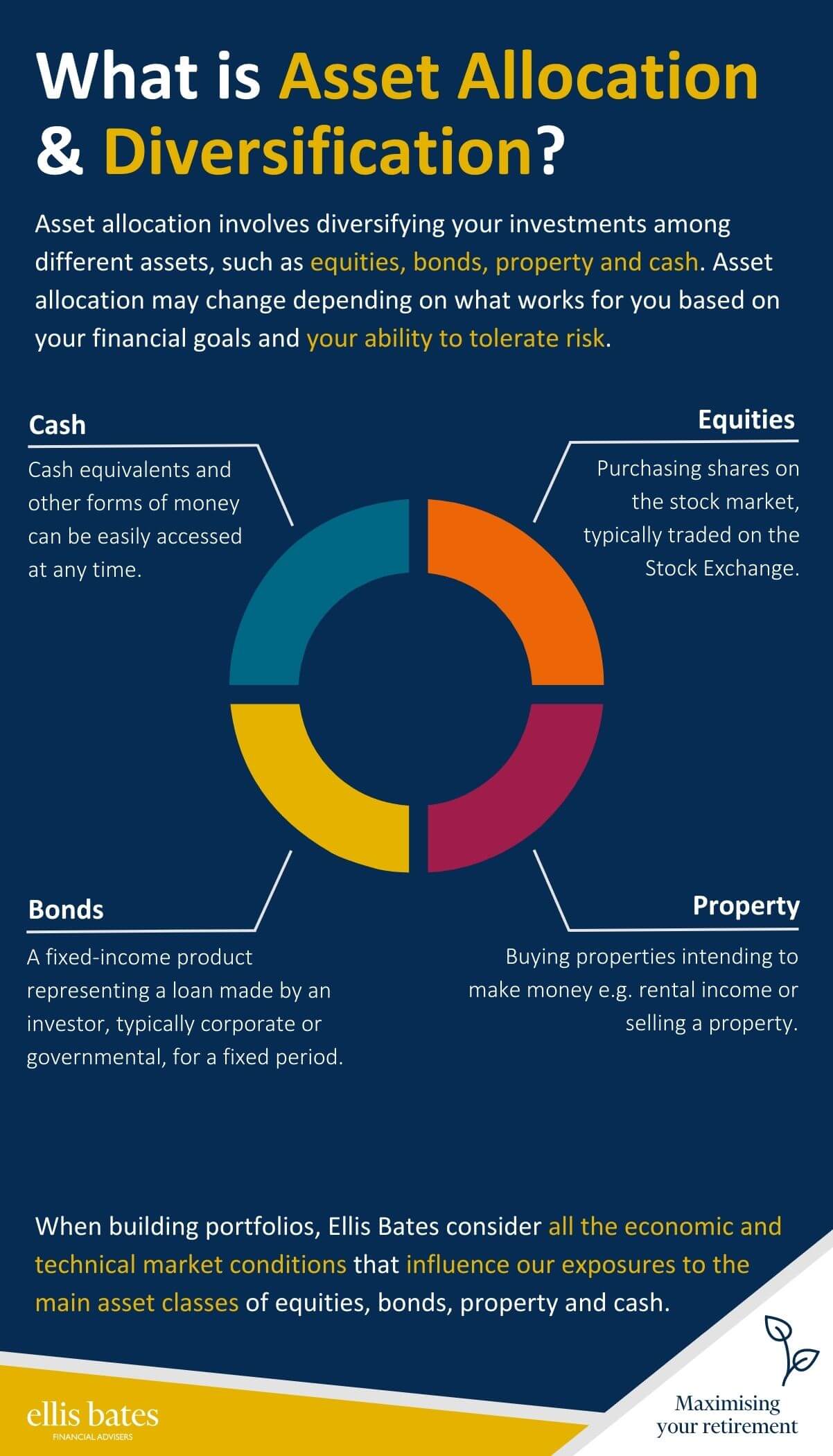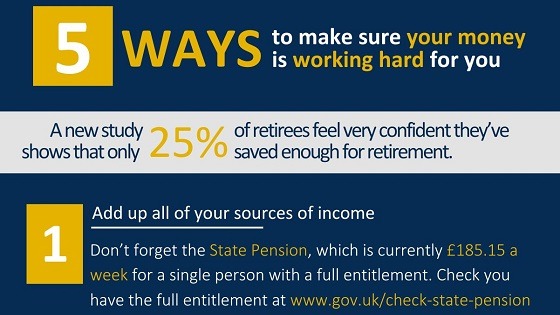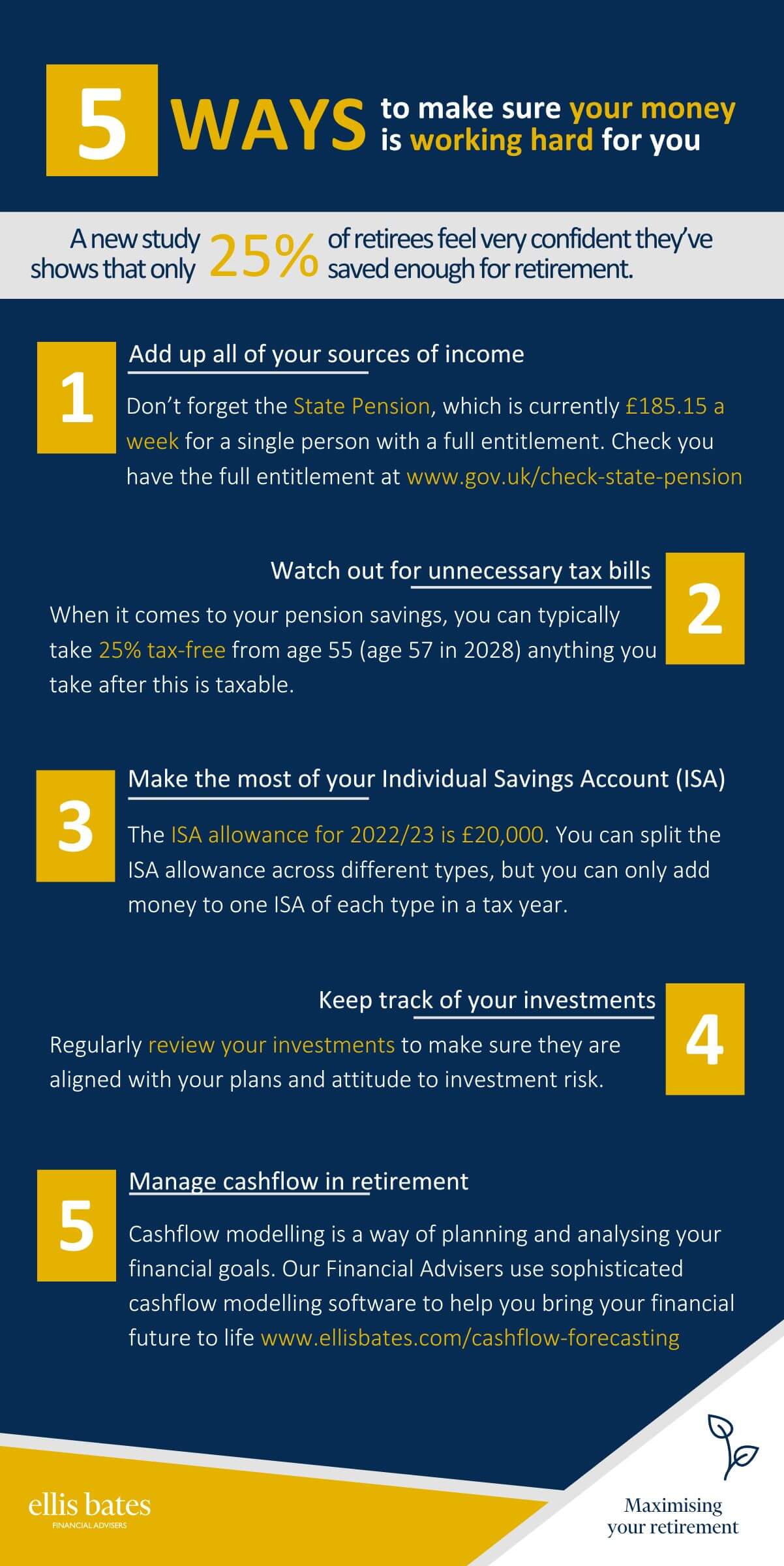Prepare for your retirement
https://www.ellisbates.com/wp-content/themes/osmosis/images/empty/thumbnail.jpg 150 150 Jess Easby Jess Easby https://secure.gravatar.com/avatar/0e2a278e0eef1defdd7ee9d0ae7bb398?s=96&d=mm&r=gIndependent Financial Adviser, Carl Hasty, outlines how you can prepare for your retirement including locating lost pensions, considering other income sources and calculating how much you anticipate spending in retirement by using our handy retirement calculator.
To discuss more about your retirement options or to find out more about our retirement planning services, please get in touch.










 A more popular and increasingly common option many are considering.
A more popular and increasingly common option many are considering.